Mr. Dinh Hong Khanh and Mrs. Le Thi Thanh Hong are both 4th-class disabled veterans. They were both comrades and life partners. Together, they overcame the fierce years of war and treated hundreds of disabled soldiers during their time working at the infirmary in Quang Ngai .
Although the war has long since ended, the old medical couple still cherish and preserve more than 100 wartime memorabilia, from medicine tubes, stethoscopes, blood pressure monitors to surgical knives, etc., all placed solemnly in a glass cabinet in the middle of the living room like a museum of memories. Mrs. Hong said: "Perhaps both my husband and I love our profession and have devoted our whole lives to the medical field, so we try to keep anything related to it, which is also keeping our own story."
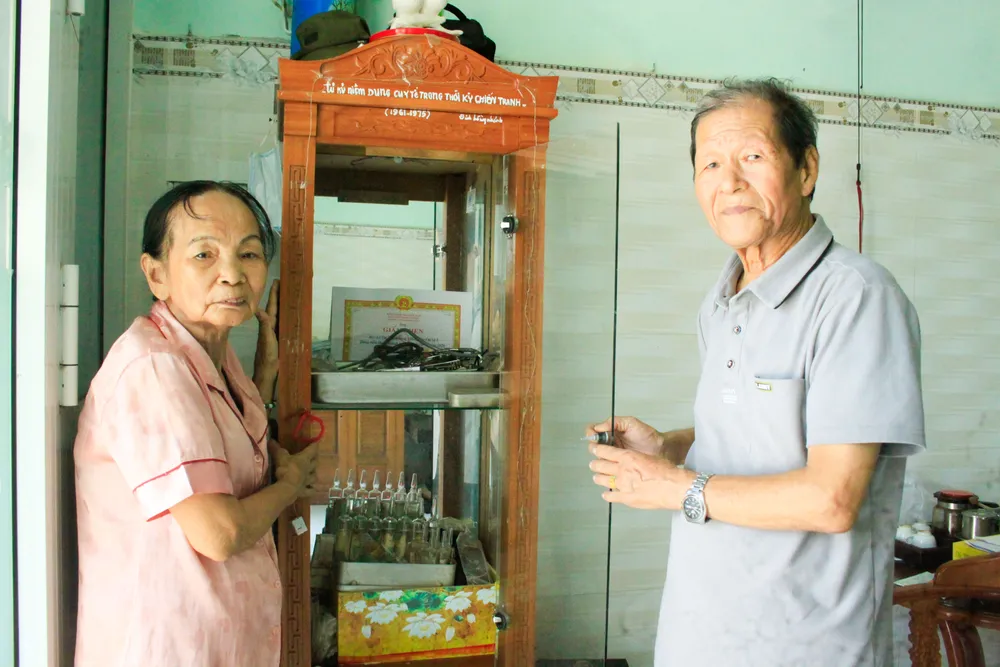
Talking about the war years, Ms. Hong recalled that at the age of 14, the little girl carried a backpack and worked as a liaison for the former Tu Nghia District Party Committee (Quang Ngai province). The secret letters and urgent orders were delivered by the liaison to the units, contributing to the preparation for the Ba Gia Campaign, a resounding victory that opened the revolutionary climax in the South from May to July 1965.
At the end of 1964, when the war was getting more and more fierce, Ms. Hong applied to study medicine and work at "Uncle Tam's Infirmary". From 1965, she officially became a doctor at Infirmary B21, which specialized in receiving and treating wounded soldiers from the front lines.
Infirmary B21 admitted 70-80 cases per month, peaking during the Ba Gia and Van Tuong Campaigns, at times it reached more than 300 cases. Faced with increasingly urgent needs, the infirmary was divided into three areas A, B, C, the military area was the focus of coordinate bombing and sweeps, and was once completely surrounded by the enemy.
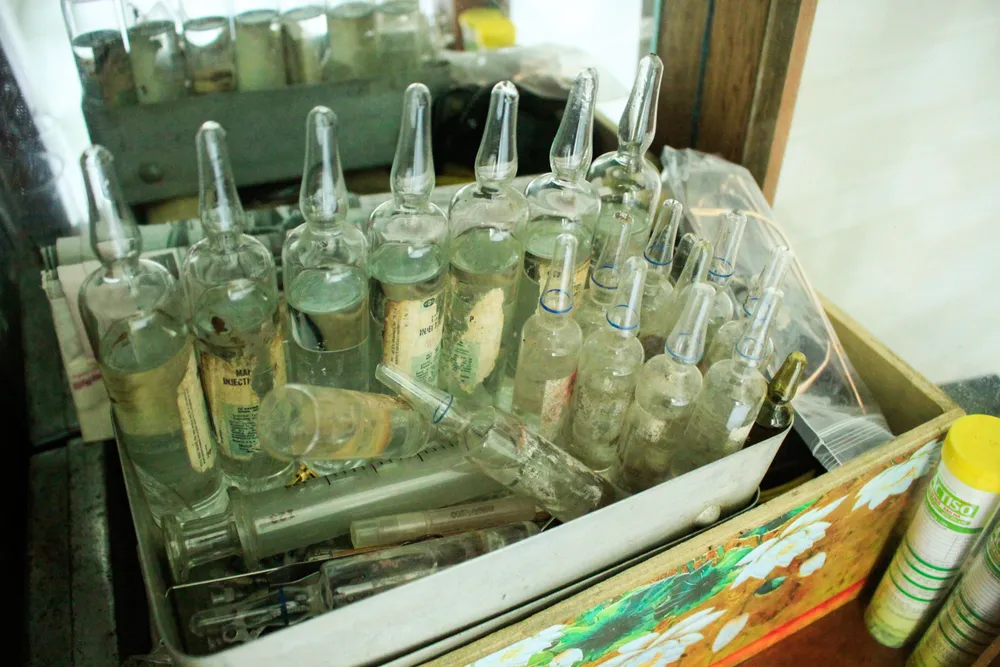
Ms. Hong recounted: “In 1967, on the way to deliver mail and supplies to the infirmary, when crossing the Da Son field (Tu Nghia district), I was suddenly discovered by two enemy helicopters. In a split second, I dove into the field to hide. If I had been careless, I might not have had the chance to return to the battlefield…”.
In 1965, in the midst of a fierce war zone, Ms. Hong met and became acquainted with Mr. Khanh, a medic at the B21 Infirmary. Between endless night shifts and times of caring for wounded soldiers under the flickering light of oil lamps, they gradually became close friends from comrades.
Mr. Khanh said: “We were teammates and supported each other in every emergency. In 1968, we became a couple and the infirmary organized our wedding.”
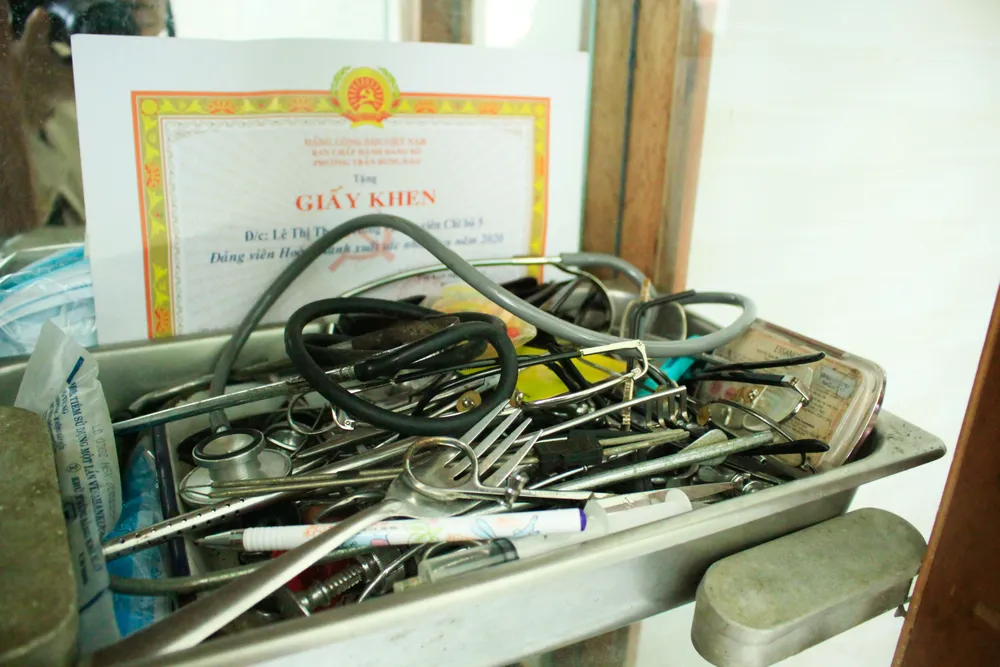
Later, Mr. Khanh went to school and became the Chief of the A80 Surgical Station. He performed surgery on hundreds of wounded soldiers in extremely difficult conditions, in the middle of the deep forest, lacking medicine and medical equipment. Once, he had to use bamboo splints to fix broken bones, and boil ash water instead of soap to wash clothes. While performing his medical duties, Mr. Khanh also ensured logistics such as carrying rice, carrying fish sauce, collecting firewood, providing part of his own food, etc., ensuring meals for wounded soldiers so that they could recover quickly and return their troops to their combat units.
In the notebook he still keeps to this day, he meticulously recorded each surgery, the consultation and surgery process, and the days the wounded soldiers spent in hospital. “I remember most the time I worked as a medic at Uncle Tam’s Infirmary. In the middle of the jungle, amidst bombs and bullets, I only hoped to keep my comrades alive,” he emotionally recounted.
There were patients who lived thanks to his hands. Later, some came to visit and thank the doctor who saved their lives years ago.
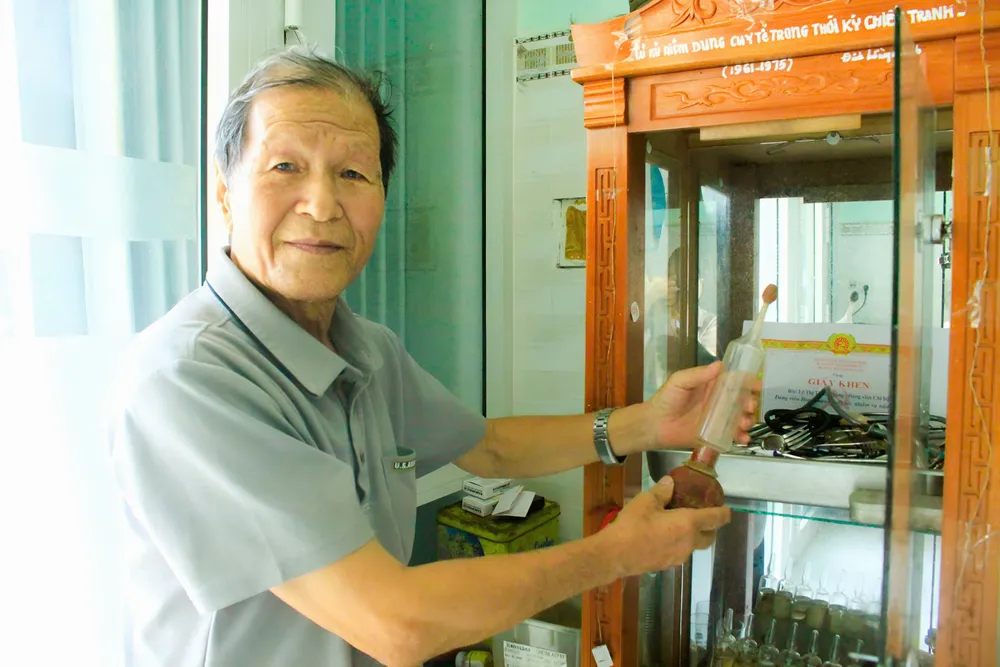
After 1975, Ms. Hong returned to Quang Ngai to work as Deputy Head of the Organization Board of Ba Gia Enterprise, while Mr. Khanh was sent by the State to take an additional class in anesthesia and resuscitation, then worked as a medical assistant at Division 342, Military Region 4. It was not until 1985 that he returned to reunite with his wife in his hometown.
During the time away, he did not forget to tell Mrs. Hong to preserve the medical instruments and mementos associated with the profession. These are not only evidences of a difficult wartime. Mr. Khanh emotionally shared: “Many people look at those old medicine tubes and think they are worthless, but they are rare medicine bottles that we have saved up to get through the bombs and bullets.”
Source: https://www.sggp.org.vn/ky-vat-cua-doi-vo-chong-y-si-thoi-chien-post804256.html








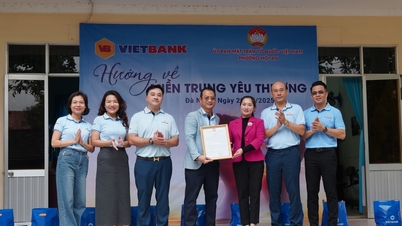



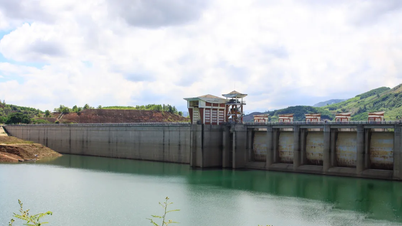
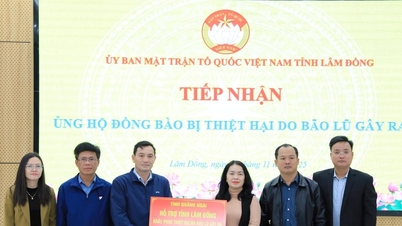

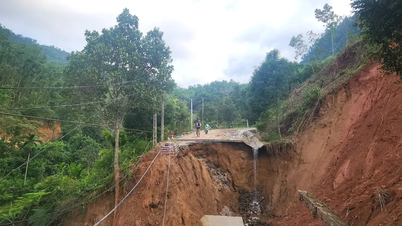
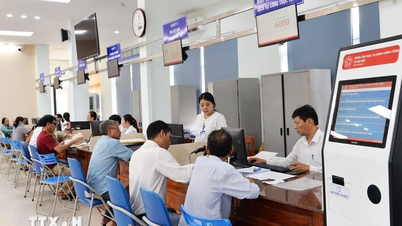

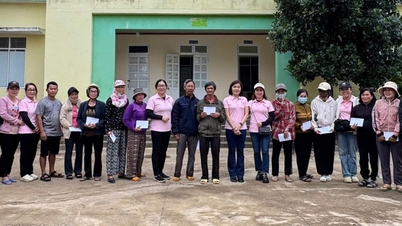

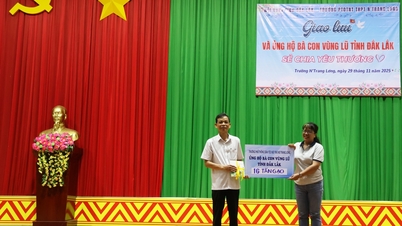
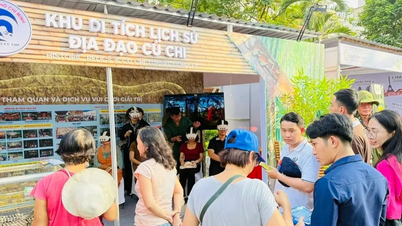

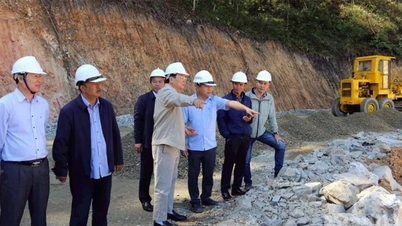
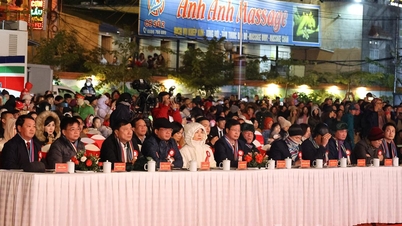





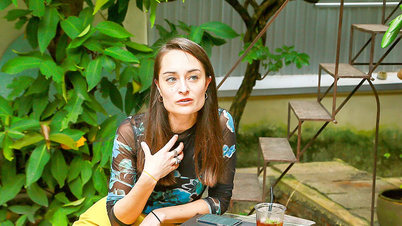
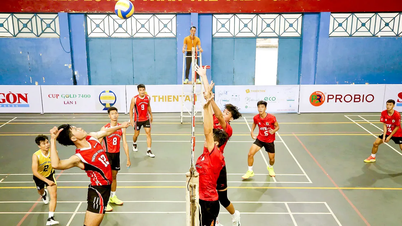
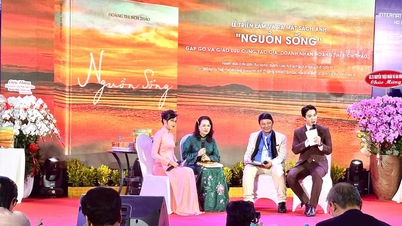
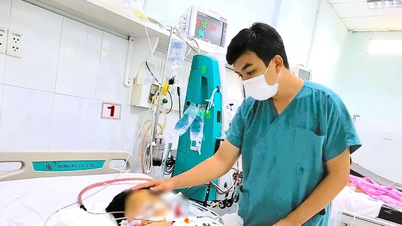
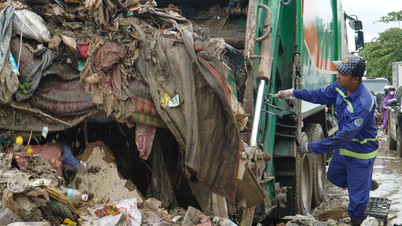
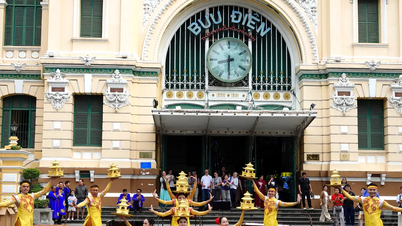


































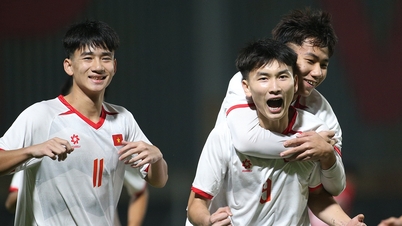
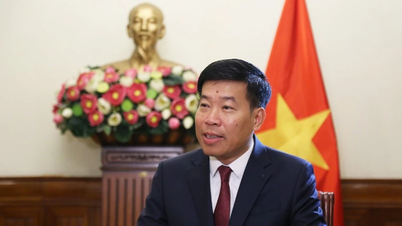
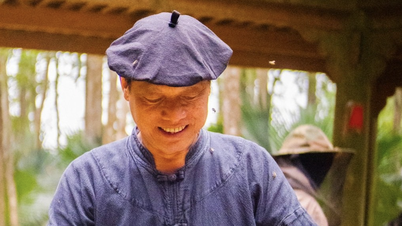















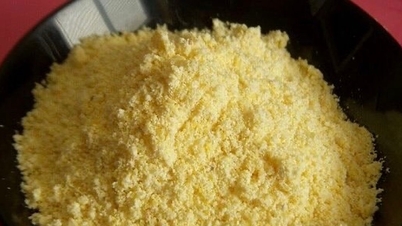


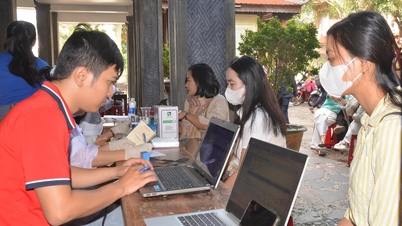










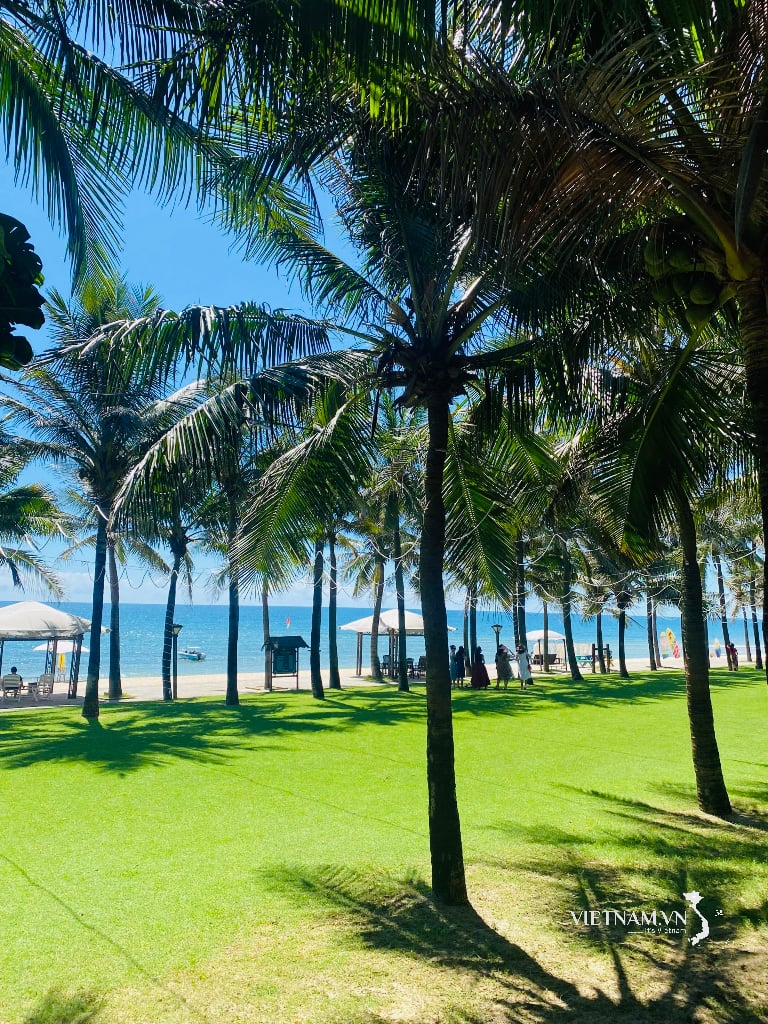


Comment (0)